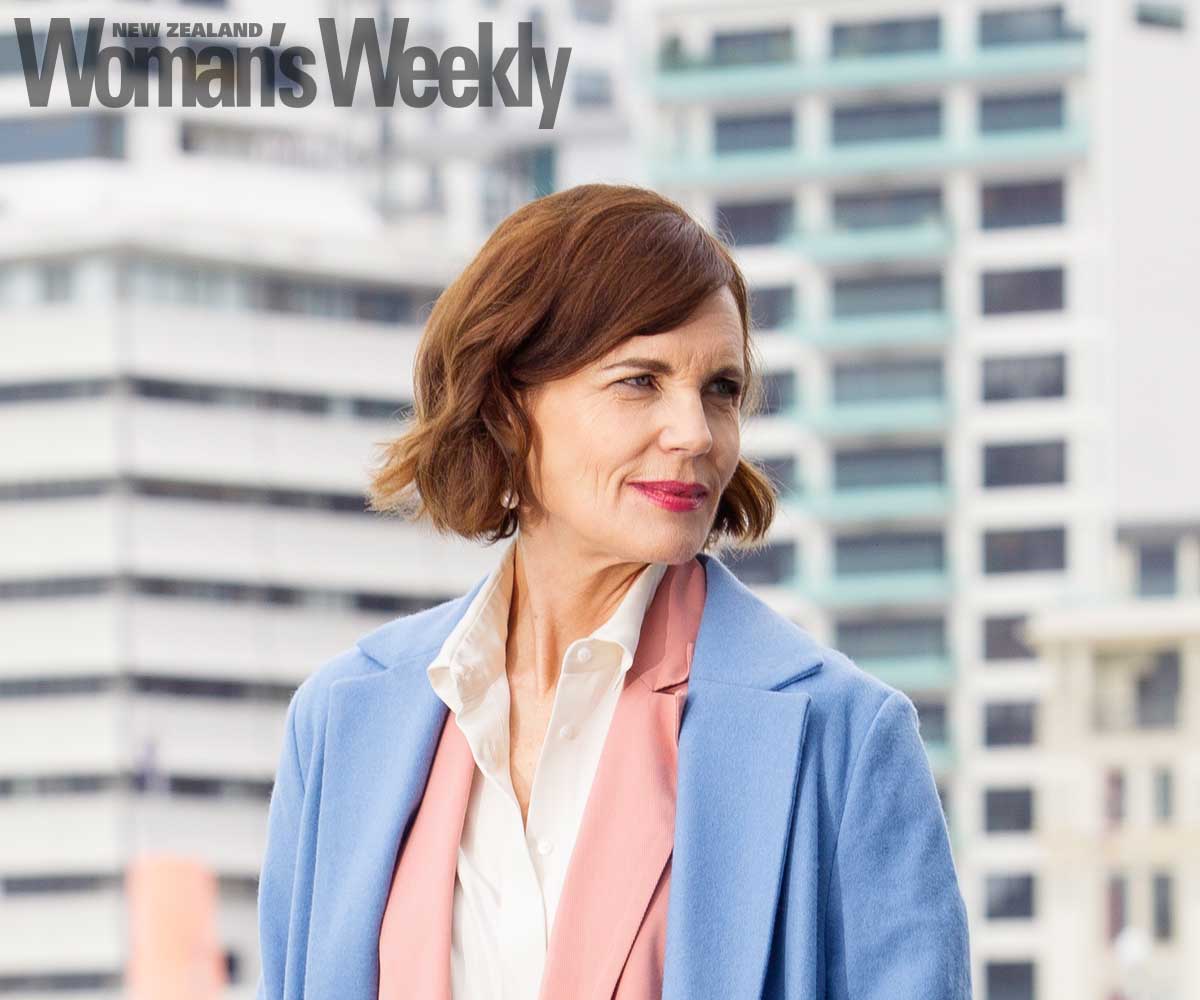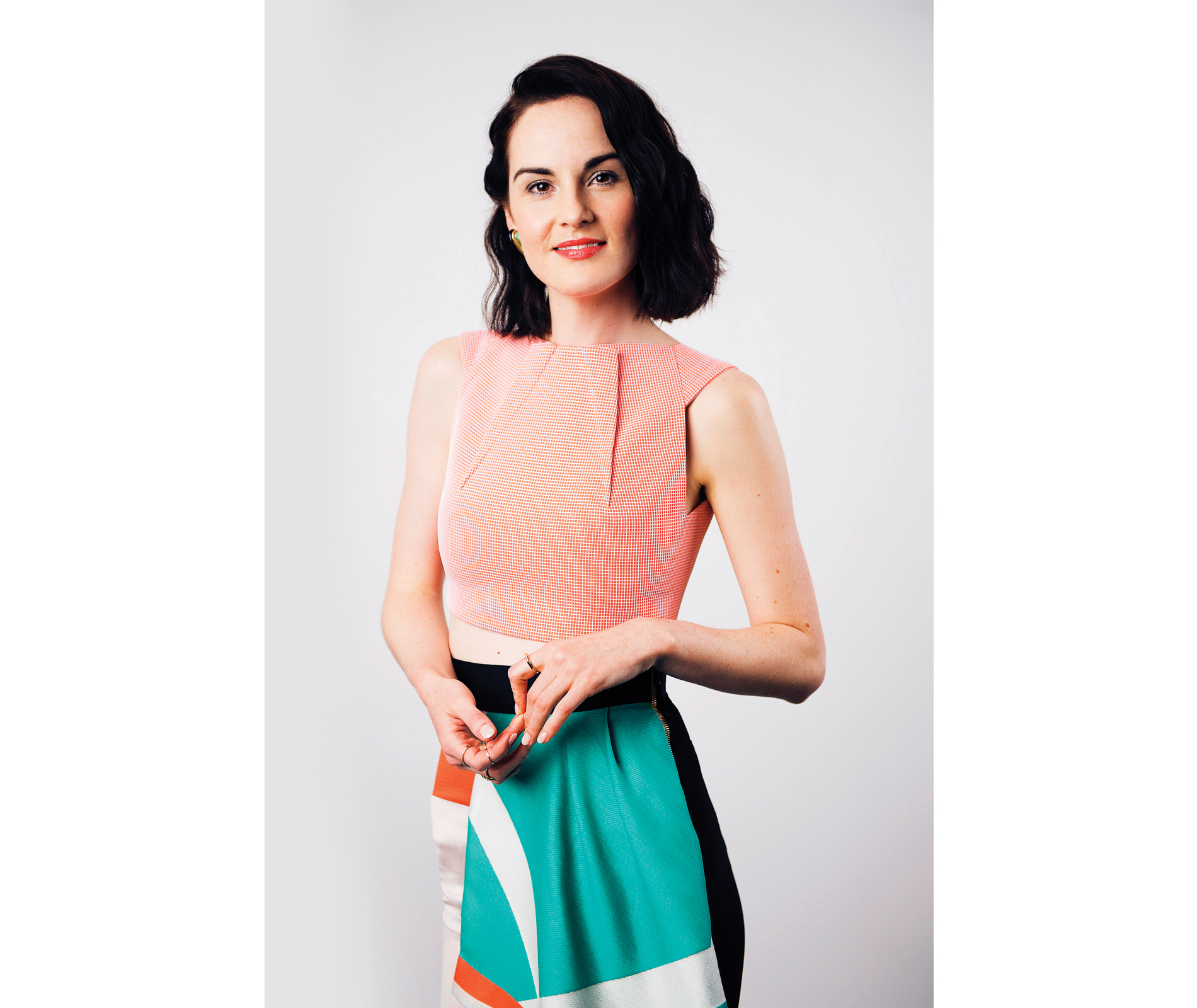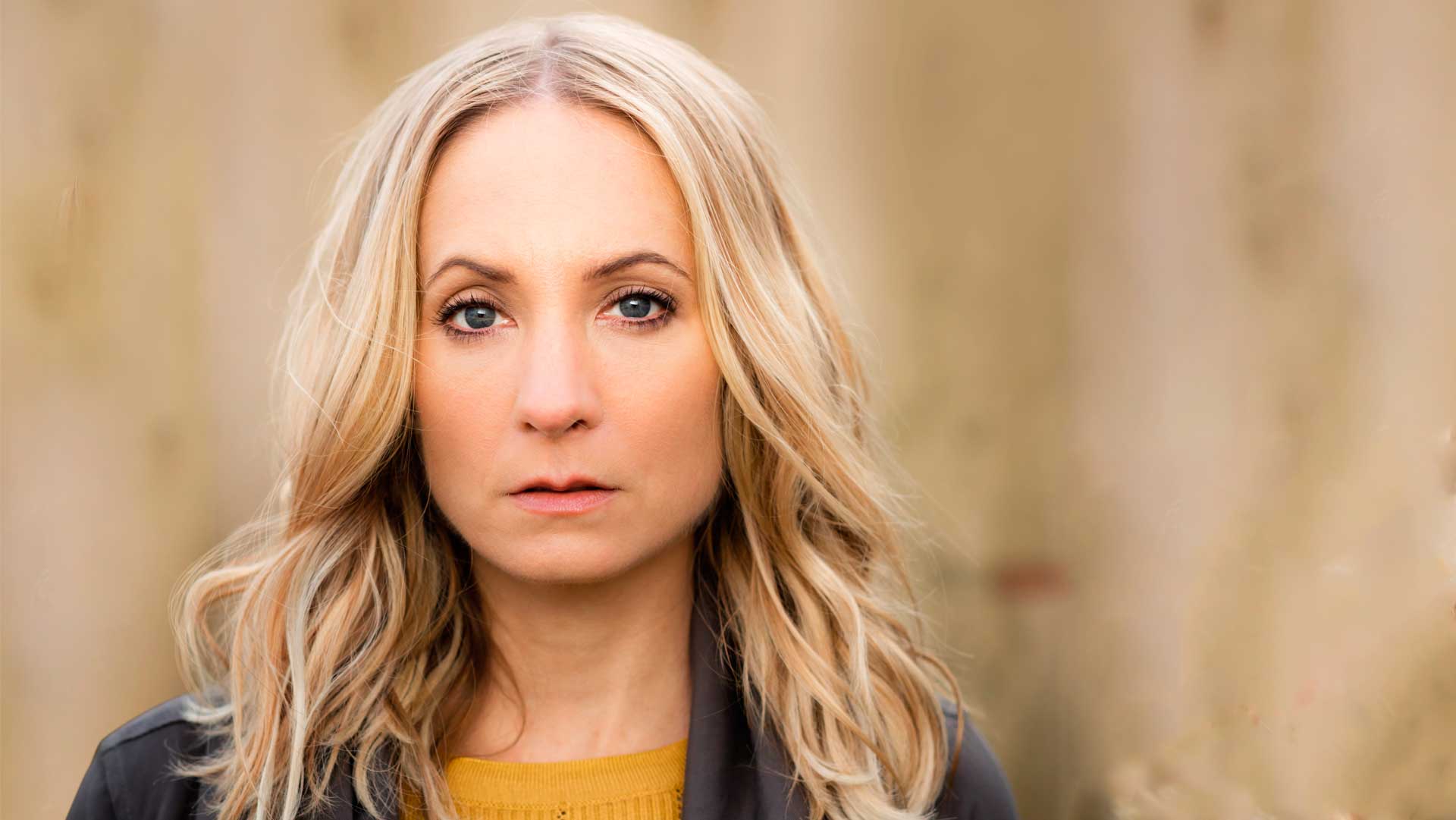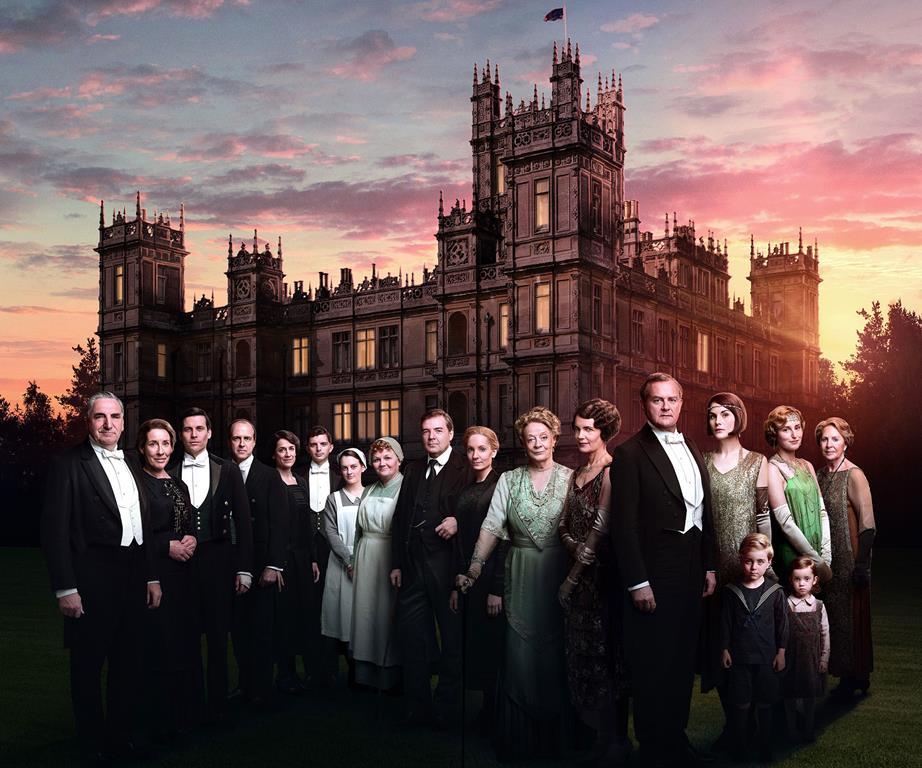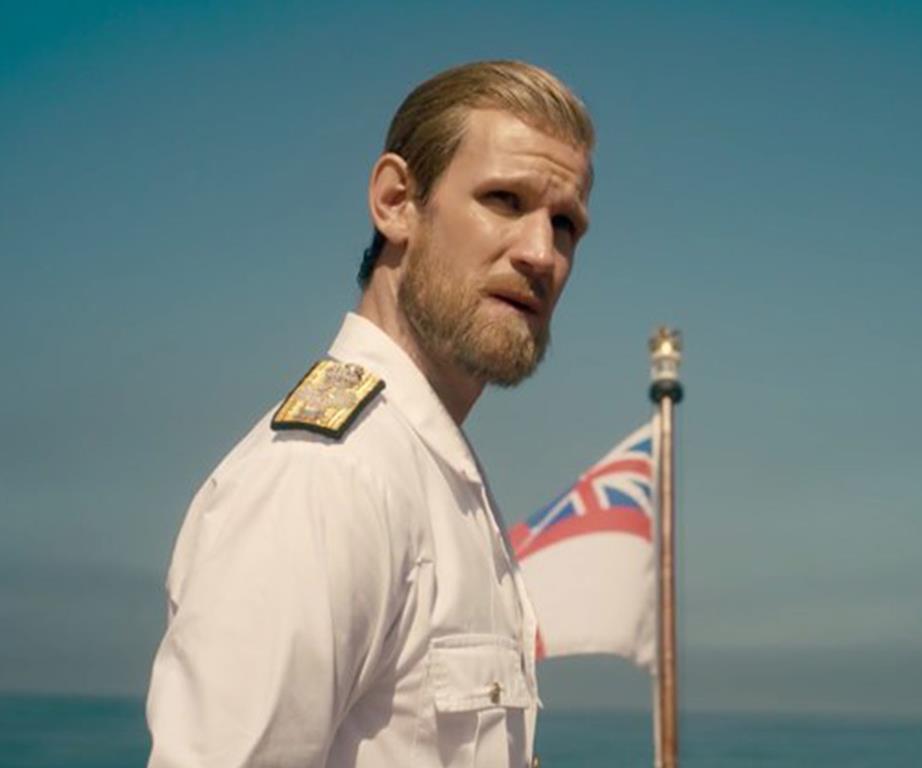Portraying characters from another era is something Elizabeth McGovern does exceptionally well. She earned an Oscar nomination for her part in Ragtime, a movie set at the turn of the last century, and found global fame starring in period drama Downton Abbey as Cora, Countess of Grantham.
Now, her latest movie The Chaperone, which she produced herself as well as starring as the title character, is also set in the Roaring Twenties.
But the fact she’s ended up in films and TV shows that portray this long-ago era is a complete fluke, says Elizabeth (57).
“I just love good stories and it has been coincidental that the stories I am closely associated with happen to be period pieces. It’s not that I love doing period pieces per se, but I love doing good stories with good characters. I certainly don’t feel that I was born in the wrong era.”
The US-born actress recently visited New Zealand to promote The Chaperone and during the string of back-to-back interviews on her one day here – she spent most of her time in a hotel room or TV studios – she was repeatedly asked what makes period dramas such as Downton Abbey and, hopefully, The Chaperone, so popular with audiences today.
“I get asked that so much and you know, I don’t really know,” she says. “I think it does come down to good stories, but I also think people enjoy escaping to different periods of time. It is nice to forget where we are now for a couple of hours, particularly at the moment as it is so nasty everywhere you look.”

The Chaperone, in cinemas May 2.
One thing she does know, after taking on the task of bringing The Chaperone to the big screen, is that period dramas come with a whole set of challenges on top of the ones film producers already face.
“It’s not easy making a movie set in another time. People said to me, ‘You can’t do this because in order to shoot a period movie in New York, you need X amount of money and this kind of movie will never make X amount of money back.’
“They said if I wanted to make a movie, I should just shoot it in a room with people wearing modern clothes. But I knew that this was a movie that could find an audience who would love it, so I kept going. I hope I’m right!”
The movie is based on a novel of the same name by US author Laura Moriarty, which was inspired by real-life events.
Before actress Louise Brooks became an iconic movie star in the 1920s and 1930s, as a teenager, she travelled from small-town Kansas to New York to join a dance company. She was chaperoned by a middle-aged housewife about whom nothing is known, but Laura took that event and turned it into a book.

Elizabeth was in Auckland for just one day to promote The Chaperone, in which she stars alongside Haley Lu Richardson (far left).
Elizabeth came across the novel when she was hired to record it as an audio book in 2012.
“While I was doing that, I was seized by the idea that it would make a great movie. So I bought the rights and it became my fixation for the next seven years. I hadn’t produced before, so it was all quite new to me. I was learning on my feet the whole time.”
It helped that she had the assistance of Julian Fellowes, the creator and writer of Downton Abbey. She was working on the hit TV show at the time and asked his opinion on whether The Chaperone would work as a movie.
“He said it was a great story and he wanted to adapt it as a screenplay,” she tells.
Oscar-winner Julian proved to be a wonderful, encouraging, “spiritual support”, but even with him on board, getting funding and dealing with red tape was a mission, and there were times when Elizabeth wondered if the movie would ever see the light of day.
“I had many moments where I thought, ‘What have I done?’ But once you have invested so much time and energy into it, you can’t give up and somehow it just kept chugging along. And in spite of the fact that it was so difficult, I loved every second of it. It makes you feel so alive to do something like this.”
Producing a movie has never been a great ambition, but then many things that have eventuated in her life have been unexpected, says Elizabeth.
That includes living for nearly three decades in the United Kingdom, where she moved after marrying British film director and producer Simon Curtis (59). Simon, with whom she has two daughters, Matilda (25) and Grace (21), was an executive producer on The Chaperone but acted in more of an advisory role, says Elizabeth.

“He was coaching me around the kitchen table. He’s very proud of me for doing this.”
Similarly, she never thought she’d have a secondary career as a musician.
Elizabeth has been the lead singer and songwriter for Sadie and the Hotheads for 10 years now, although their latest album, The Truth, is under her name only as “the label thought people could find it more easily”. It even features a collaboration with Samuel L. Jackson.
While many of these things have never been part of her grand plan, Elizabeth loves the variety. “Really, my life has been a total surprise to me,” she smiles.
